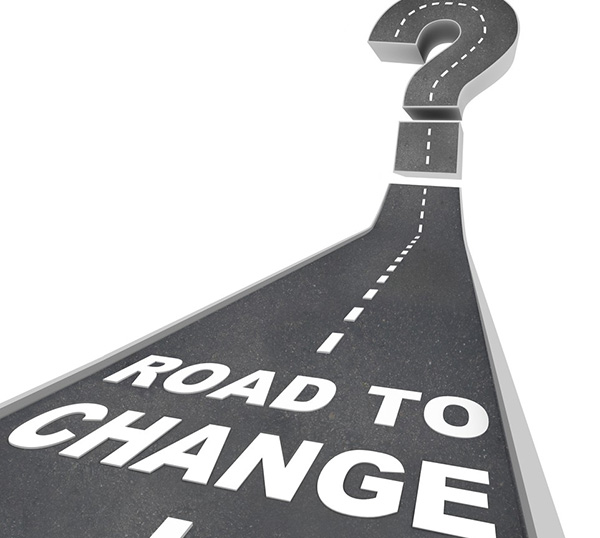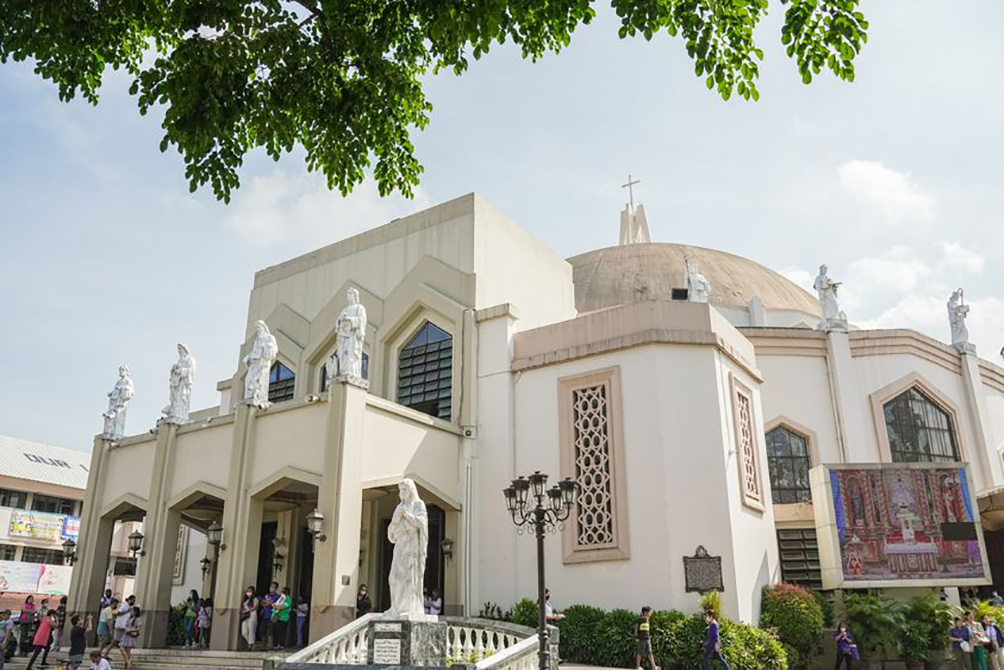
THAT a horde of millions of Filipinos, including those abroad, will loudly lend their support to a presidential candidate who promises change and strong political will despite vulgarity, loose character, and a track record of human rights violations, not to mention a platform of reform that overtly promises the use of death squads to curb criminality, is big proof that people are tired of the status quo.
People seemingly want change, not continuity. Which may also be the reason why, on the other hand, the administration’s candidate is trailing most notably in earlier social surveys. Disputably though, the change that people were hoping for after martial law did not make any substantial difference. Productivity and self-sufficiency in staple food, for instance, grew even less and less so that post-martial law administrations, especially the incumbent, had to import an average of over a million or so metric tons of rice annually because local production is not at par with local demands. This is athough the fact that rice cartel and big scale corruption have made low local productivity a convenient alibi.
Graft and corruption during martial law was a monopoly of the tyrant and his cronies. In the governments that followed, corruption has become as widespread as the whole government network—but especially of the political party in power. In June 2010, when President Benigno Simeon Aquino III took position, people apparently invested on him their last straw of hope that he would be the change they were clamoring for. People were ecstatic at his inaugural when he confidently declared: “Walang lamangan, walang padrino, at walang pagnanakaw. Walang wang-wang, walang counter-flow, walang tong,” vowing to put an end to corruption, patronage, petty extortion, and the use of sirens and traffic counter-flow. His entry into Malacañang was touted by a media network as “the dawn of a new day”. His “kung walang corrupt walang mahirap” and “matuwid na daan” did so much magic to the Filipino psyche that they unquestionably raised him to an incorruptible pedestal, even triggering talks of a beatification process for his mother.
But that did not last long. In August 2010 when he and his men pitifully mismanaged a hostage-taking at the Quirino Grandstand, the cracks of the “matuwid na daan” started showing. Quickly his administration was likened to “running the country like a student government” by then Senator Joker Arroyo. But the amateurish mismanagement would prove fatal in Super Typhoon Yolanda, the Zamboanga siege, and the infamous SAF 44 in Mamasapano, not to mention other lapses that squandered lives and people’s taxes. The peak of large scale corruption would be seen in the Disbursement Acceleration Program fiasco totaling to P149.25 billion by the time it was outlawed by the Supreme Court. This gargantuan amount together with the Priority Development Assistance Fund (PDAF) that bowed out as the biggest national scam of all time was reportedly used to buy out both the legislature’s and the judiciary’s constitutional independence. The government’s most trumpeted economic success would be branded a farce in the face of heavy unemployment or what independent observer calls “jobless growth”.
People’s clamor for change is understandable enough. To insist on the continuity of “tuwid na daan” would be futile. But to assign that change to a presidential candidate whose very life and methods are in need of change would be indiscriminate if not fanatical.
Pastoral action to transform politics
HOW do we go about changing the way politics is done in the Philippines so that, instead of being a stumbling block, it positively contributes to integral development, including the spiritual growth, of our people? How renew politics so that it becomes a channel for our people’s well being and growth in the life of grace? How ensure that the truths about faith and politics we have presented above do not remain unattainable ideals but become reality?
The most basic work that has to be done is catechesis on politics or Christian education in politics. At present there is a tragic dichotomy between our faith-life as a people and our political culture. This dichotomy prevents our faith from having a say in our political activities. As a result our political culture is characterized by deception, dishonesty, fraud, violence, corruption, pay-offs, and patronage. Yet most of the participants in the political process call themselves Christians. Worse, politicians take advantage of their Christianity to promote their interests, as when they are photographed in churches before election time or act as sponsors in baptisms and weddings in order to widen their circle of supporters.
But catechesis on politics cannot have any lasting effect if done only on the occasion of elections. It should be done as part and parcel of regular catechesis in the family, in schools, in Basic Ecclesial Communities, covenant communities of lay people, religious organizations—”in season, out of season.”
We have seen how many voters are influenced in choosing certain candidates not out of conscience but because of family relationships. We also know that the popularity of a candidate (often in another field of work such as sports, TV and movies) or the prospects of political and economic rewards, money and gift—and a wrong sense of utang na loob–are strong factors in people’s voting behavior. Competence, honesty, personal integrity and an acceptable program of government are not primary considerations. This is why in their campaigns politicians cater to what the voters want in terms of entertainment and gifts of cash or kind.
At present there is no program through which persons of integrity and political knowledge can be prepared to participate in the noble but difficult art of politics. The Federation of Asian Bishops Conferences have more than once called for such a preparation in the light of the Asian political situation (see 1986 Tokyo and 1990 Bandung FABC final statements). Such an agenda is especially imperative in the Philippine situation.
Possible political leaders should be schooled in the principles and practice of doing politics in a Christian way, in accord with the Gospels, the values of the Kingdom of God, the moral teachings of the Church, especially its social teachings. An implication of PCP-II’s stand urging persons in responsible positions to promote actively the election of worthy candidates is the necessity of preparing these candidates for public office. If economic managers are schooled in their field, political leaders should also be formed so that they may discharge the burdens of public office with competence and integrity.
Post Credit: CBCP News











